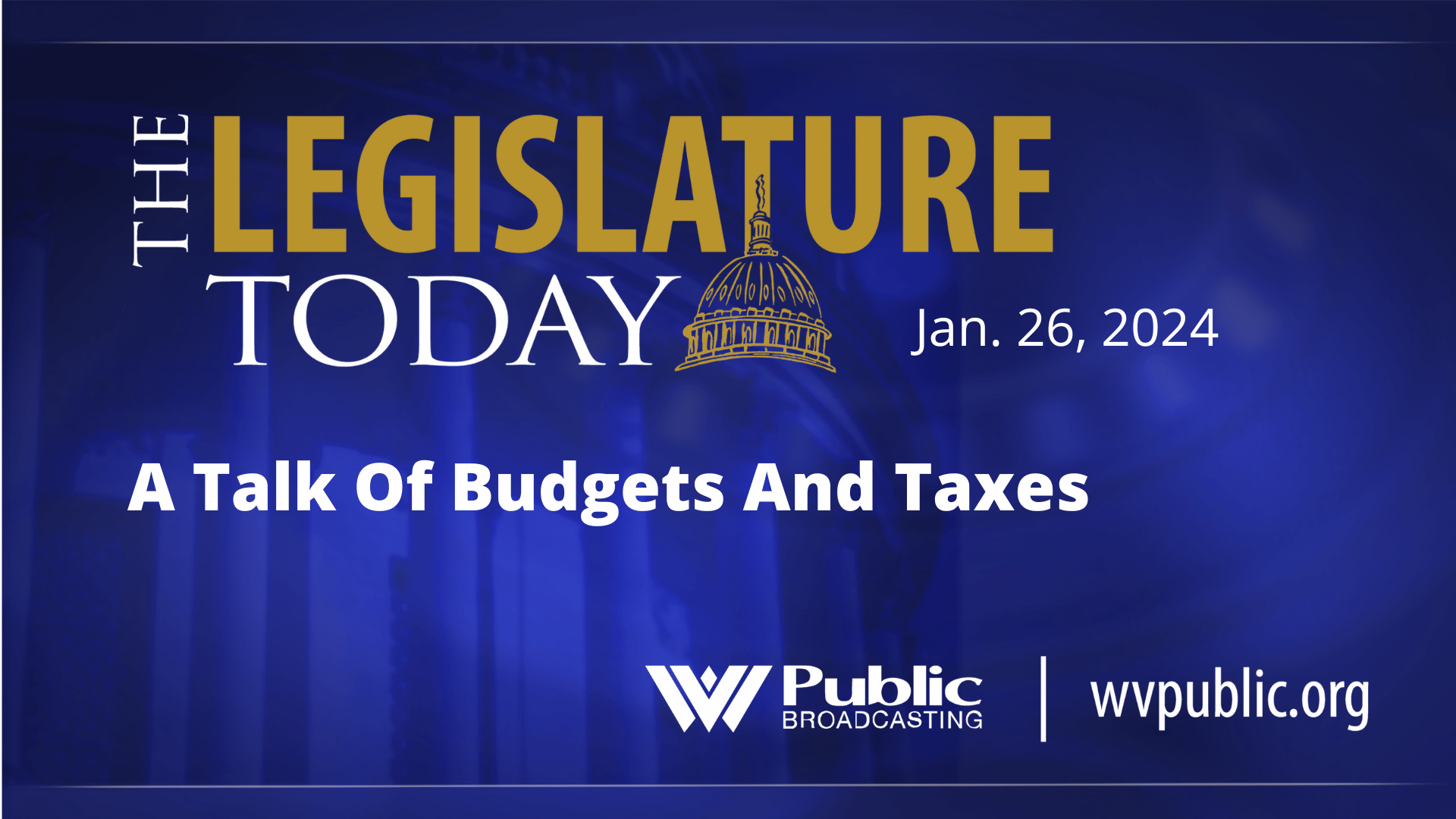Representatives from the Our Children, Our Future Campaign are lobbying lawmakers for the fourth year at the statehouse. The group, which has no paid lobbyists, advocates for children’s issues.
This year, their priorities include providing mental health services in public schools and increasing access to locally grown, healthy foods, but the campaign will also have to fight budget cuts to child and family services.
The Our Children, Our Future Campaign hosted their annual lobbying day Thursday just across from the state capitol at West Virginia’s Culture Center. More than 900 kids and their families from around the state joined various child advocacy groups at the event.
The campaign is advocating for ten policy issues this year:
- Mental Health Services
- Child Care Centers
- Opposition to Right to Work
- Second Chance for Employment Act & Driver’s Licenses
- Tax Reform
- Juvenile Justice
- Combating Substance Abuse
- Local Food Access and Profitability
- Afterschool Programs
- Expanding Broadband Access
But one of the major issues on the table are the budget cuts that could come to child and family services.
Governor Tomblin’s 2017 budget proposal includes cuts across the board for state agencies and even deeper cuts for other service programs. In the past, the governor has tried to cut family services that the Our Children, Our Future Campaign successfully lobbied lawmakers to restore.
This year, Senate President Bill Cole says he and his fellow legislators will continue to look for ways to keep these valuable programs whole.
“I’m proud to say that this is the first year that these programs have not seen a budget cut at the beginning of the legislative session. It is my hope that although we are facing one of the toughest times financially that our state’s ever seen, that we will be able to find a way to assure that we all work together to keep these programs funded and operational.” – Senate President Bill Cole, R-Mercer
But not all groups are safe.
Emily Chittenden-Laird is the Director of the West Virginia Child Advocacy Network. Her group works with kids who have been sexually abused, and it’s facing a cut this year.
“Right now, child advocacy centers in the budget had an 8.3 percent budget cut proposed,” Chittenden-Laird said, “What that looks like on the local level is about a $10,000 per program cut. Our programs run on very slim budgets, and given all the growth we’ve seen over the years and the budget situations, their budgets are very thin.”
Chittenden-Laird says the impact of child abuse over a lifetime is tremendous and that even though it’s a tight budget year lawmakers need to be investing in services to help kids, not cutting services.
“We’re seeing 83 percent more kids walk through our doors than we did six years ago. We have 15 percent more kids than last year. We can’t turn these kids away. Where do we send them? Where do they go? The alternative for them is that they don’t get help, and we just, we have to do right by our children.”
The budget cut is mostly affecting state agencies like Chittenden-Laird’s, but there are other groups who aren’t facing cuts – like Sam Hickman’s.
Hickman is the Executive Director of the West Virginia Chapter of the National Association of Social Workers. While his association doesn’t receive state funding, Hickman says the budget cuts will still affect his group.
“The budget cut will have a trickledown effect,” Hickman noted, “for example, we provide continuing education for profession social workers, but a lot of state employees won’t be able to take advantage of that this year, because state agencies have been cut. Their travel, their ability to allow their employees to travel has been really severely limited.”
The Our Children, Our Future Campaign is working with lawmakers to find ways to lessen the cuts programs are facing.
